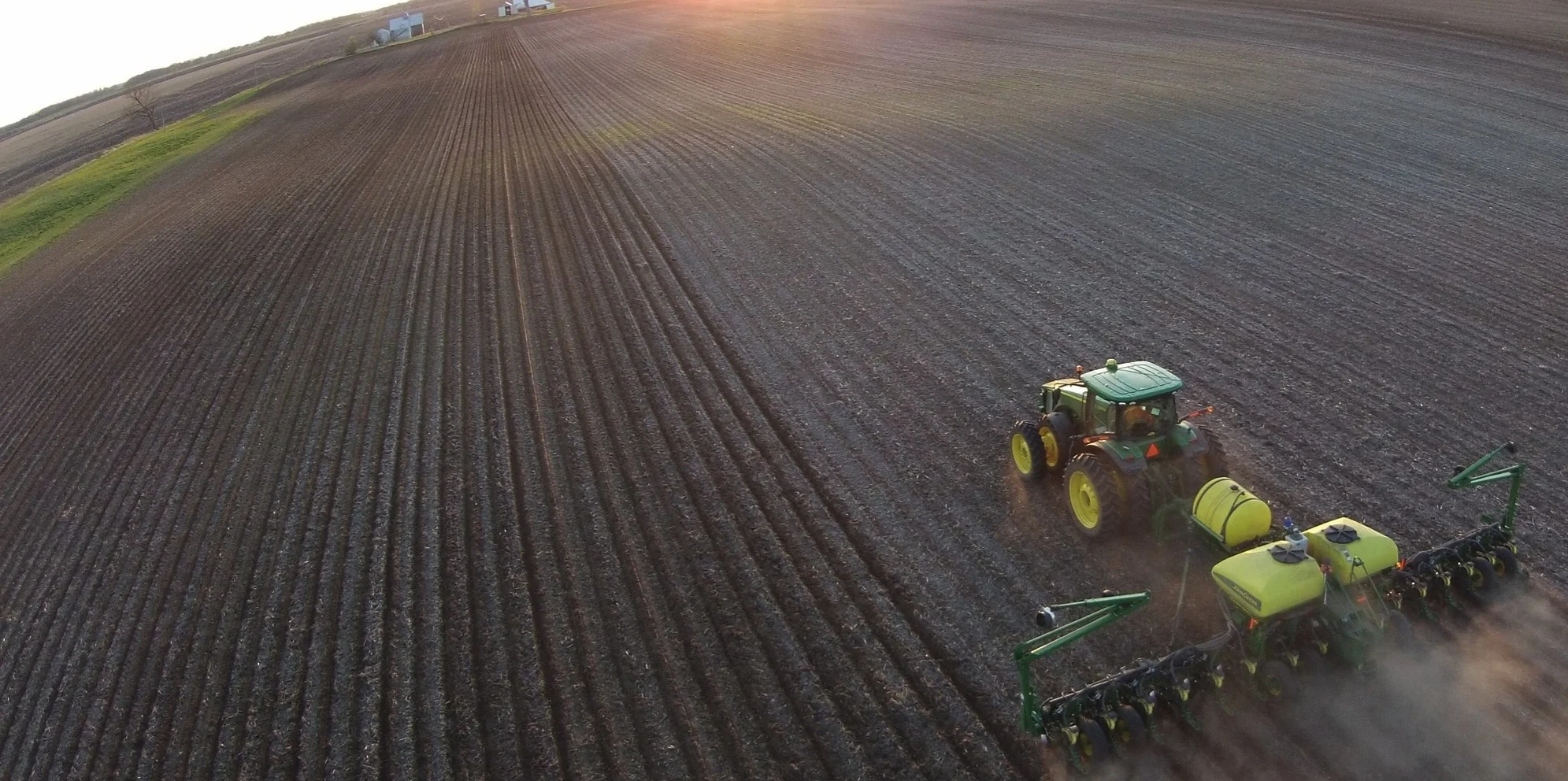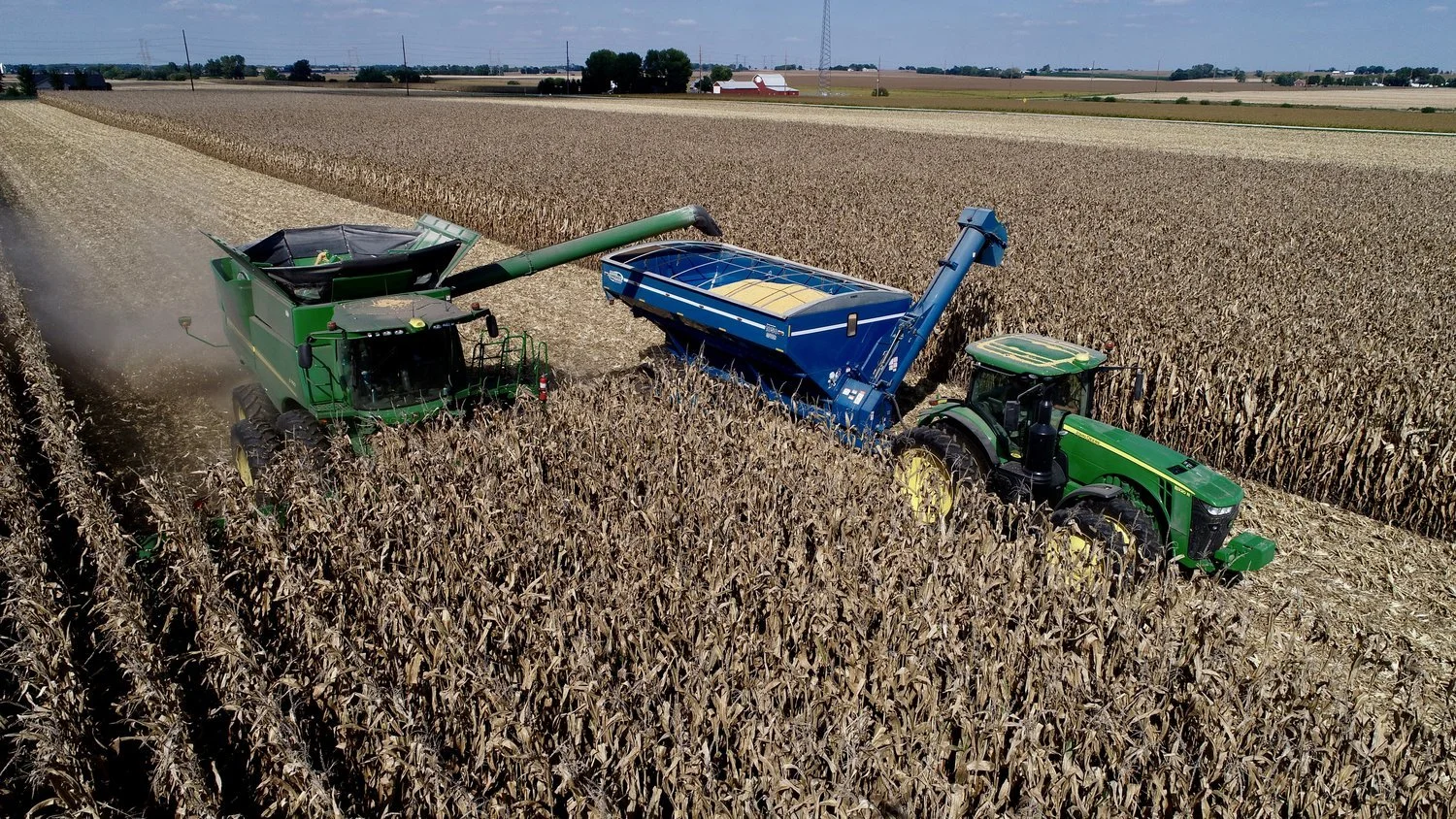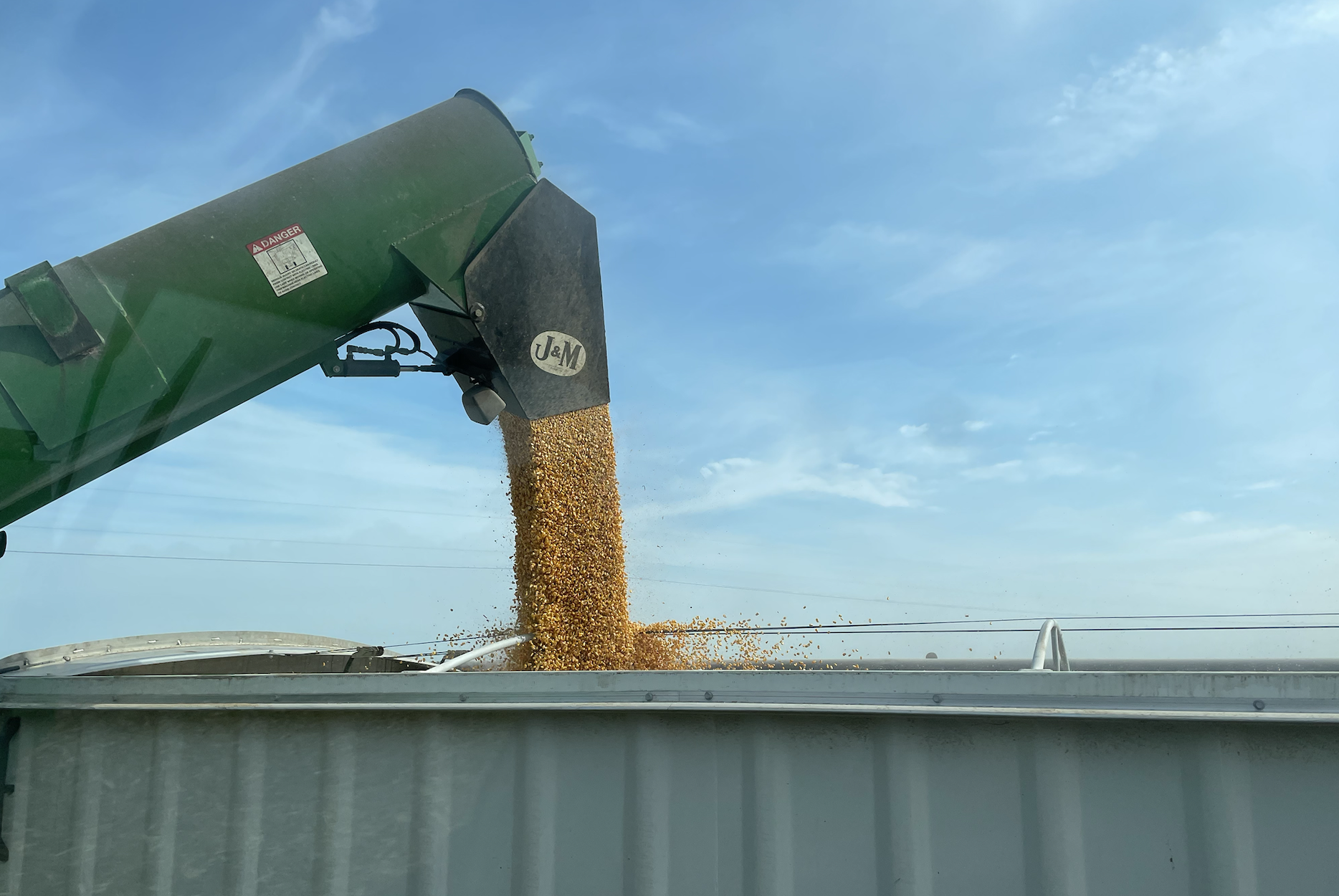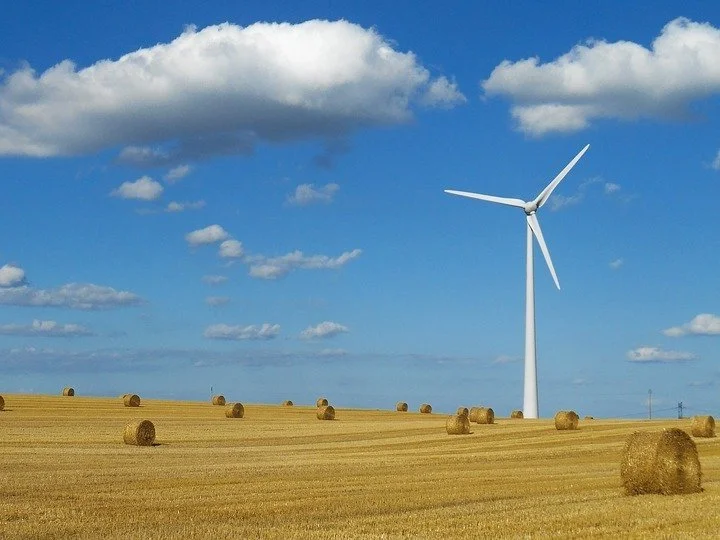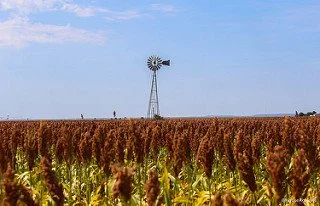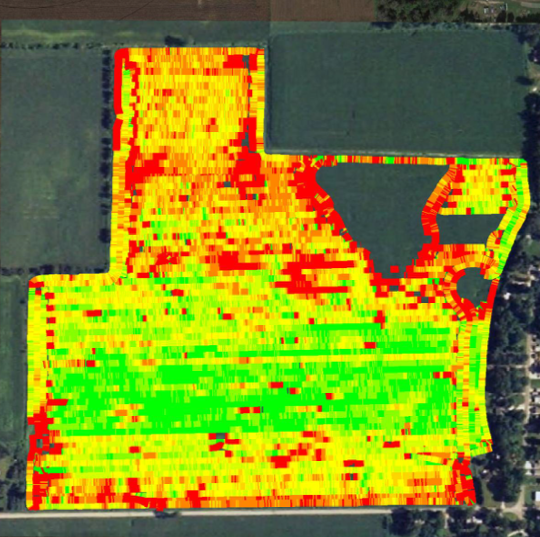John Deere's Electric Tractor Concept: A Bigger Idea than Just Another Tractor
/Earlier this year, I asked when is Tesla’s electricity going to come to farm? In other words, when will we see fully electric vehicles used in agriculture? It is no surprise that John Deere caught my attention this week when it announced an all-electric tractor concept in France. This didn’t seem to make much news in the US farm press, so I thought it was worth closer look at the concept.
Tesla is the world leader in electric vehicles today. Tesla’s Master Plan (Part Deux), released earlier this year, stated that the company would be expanding from high-end luxury cars into other terrestrial transport. Farmers were not left out of the plan, since Tesla also said in the future it would add “a new kind of pickup truck.” There was no mention of tractors, however.
John Deere’s concept tractor borrows from Tesla’s playbook—a simple battery back and electric motor direct drive. The tractor, called Sustainable Energy Supply for Agricultural Machinery (SESAM), is powered by a 130kWh lithium-ion battery pack. (The most powerful Tesla has a 100 kWh battery pack). Deere adds a second motor to the power take-off (PTO). Total horsepower, according to some articles, is around 400. I assume any production model would need a third motor to power a hydraulic pump too, unless every implement moves to electric motors to do the work hydraulics do today.
The tractor isn’t a hybrid, which to me would seem like the logical beginning point for electric tractors. John Deere has used electric drive before, but such machines have always been powered by full time running diesel engines. One of the things Tesla has figured out is that autonomous vehicle software is much simpler with all-electric drive. Perhaps that is another reason for experimenting with electric drive too.
Range is said to be 34 miles on a full charge, but I am not sure how important “range” is for determining a tractor’s usefulness. A better indicator would be how many hours the machine can run under heavy load. No article I've found provided this statistic. I would imagine the 130 kWh is not enough for all day field work unless the tractor is pulling a light load. (I've read that repeated hard acceleration in a Tesla quickly diminishes useful range.) Still, I would imagine an electric tractor could handle many other roles on the farm, such as utility loader tractor.
In spite of these challenges, this concept deserves more press. Tesla’s Master Plan looks beyond transportation and forecasts integration of energy systems--the generation, storage, and use of electricity. The farm of the future will be a self-sustaining energy system, creating energy from wind, solar, and anaerobic digesters, and storing such energy in batteries on the farm. And that’s why I think Deere's all-electric concept is potentially a big deal. Farms will someday become energy producers in much the same way they produce food. Having a farm vehicle that can do the work and be powered by on-farm energy sources helps get us to that holy grail in farming—sustainability.
No one is going to replace their diesel engine tractor overnight, but let’s give Deere credit for getting an electric tractor out of future and into the field.

